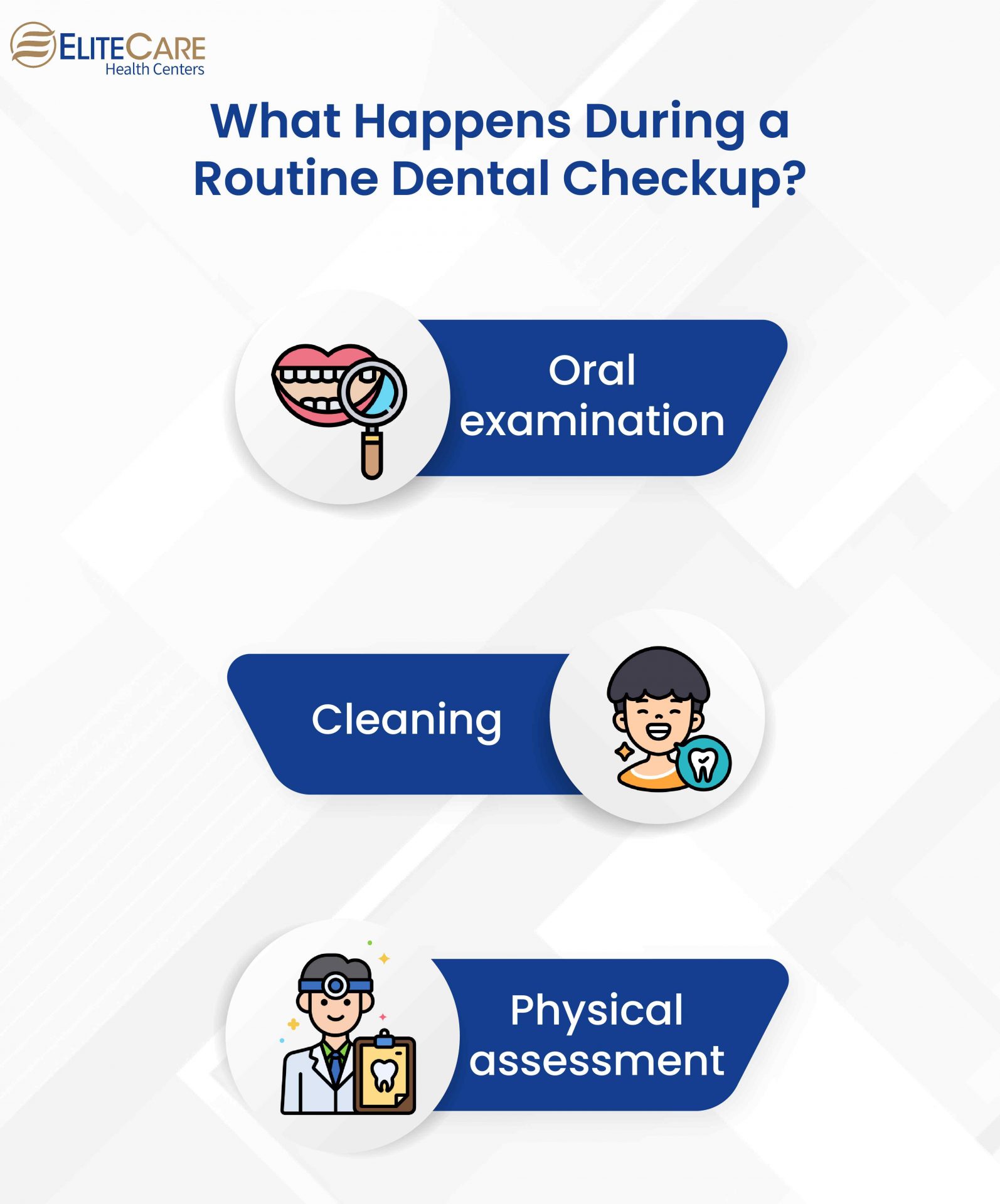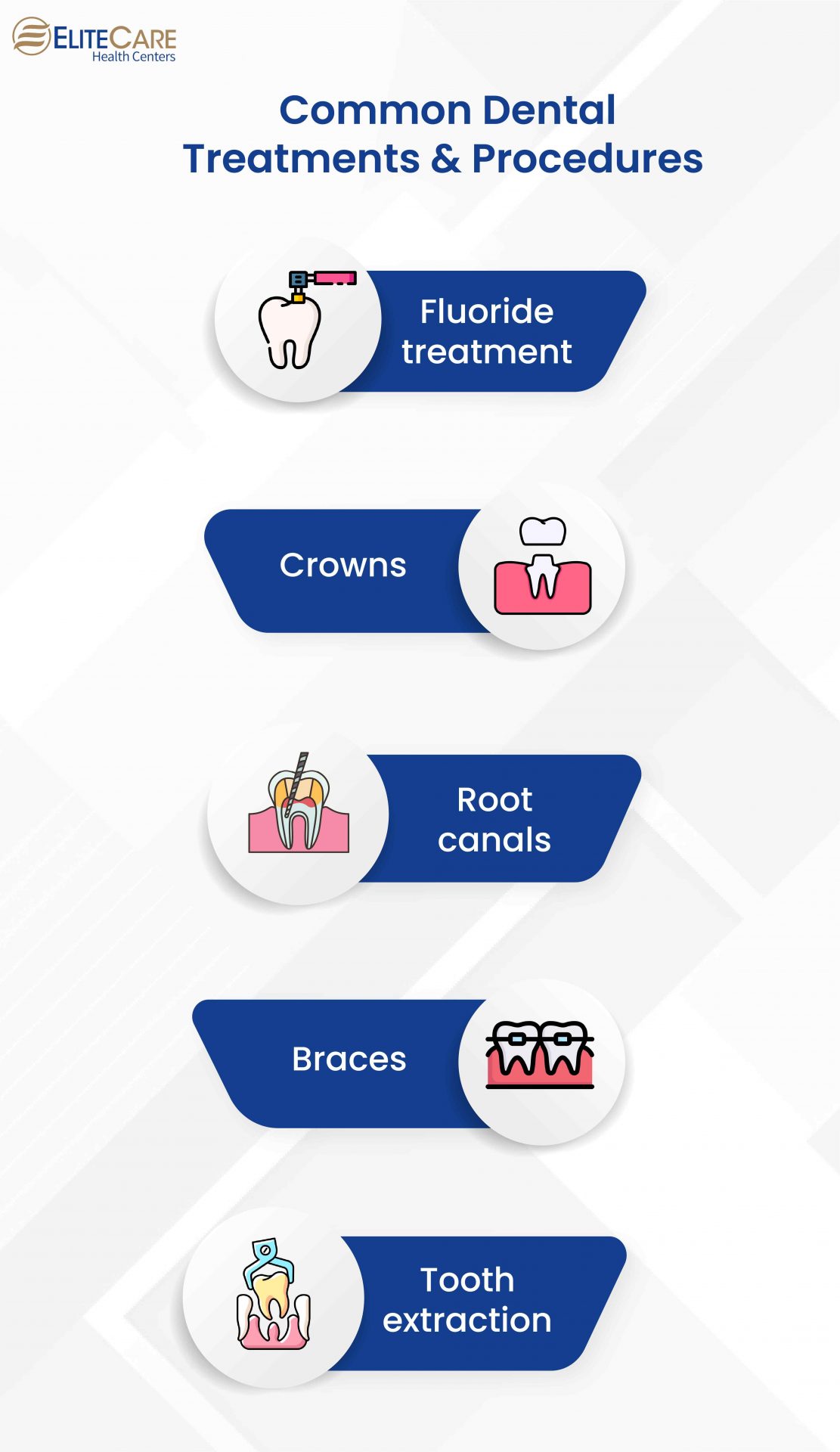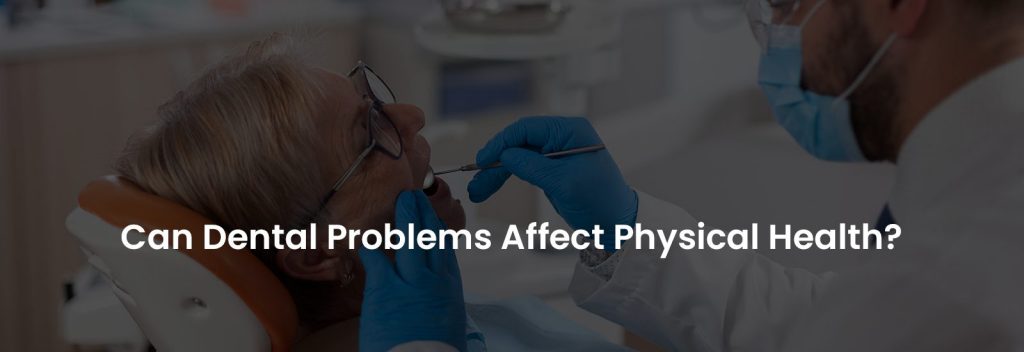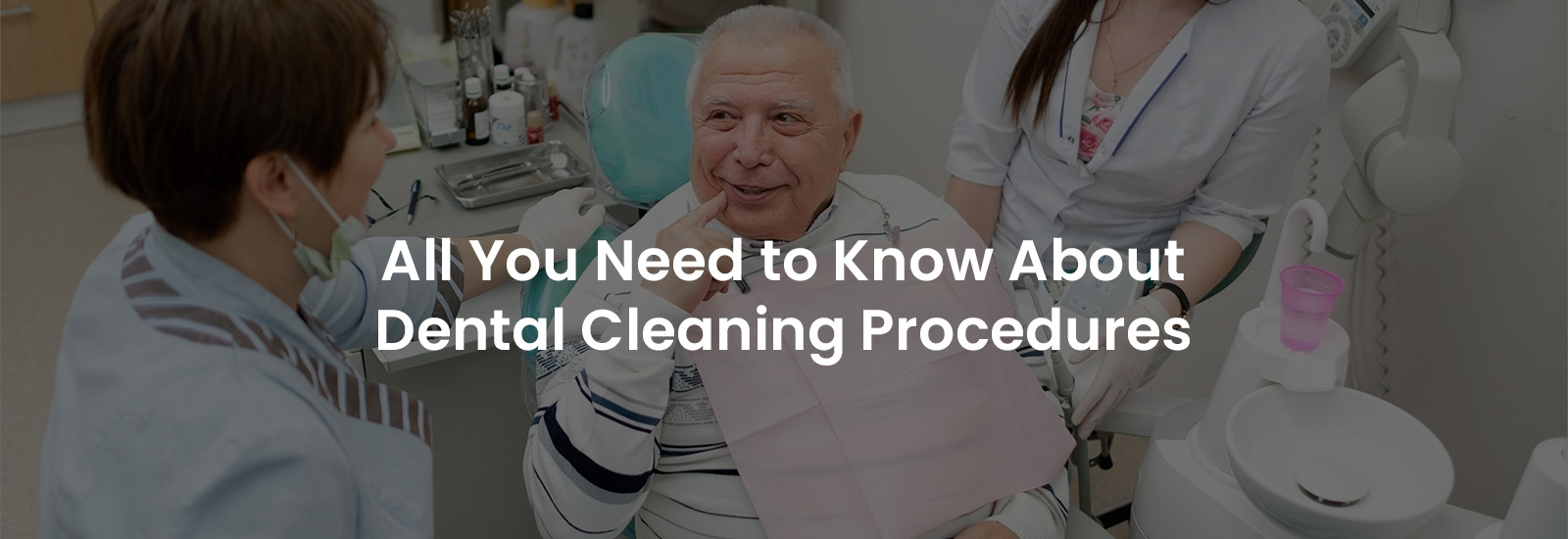
National Dentist Day is celebrated on March 6th every year to recognize and appreciate all the contributions dentists make towards dental care and overall well-being of their patients. In the United States, there are over 200,000 practicing dentists. They play an important role in promoting public health by providing preventative services and education about good oral hygiene practices. Their continual efforts have significantly reduced pain and recovery time for patients in the last hundred years. Therefore, to make best use of their services and to improve oral health and schedule a dental checkup.
Despite American dentists being among the most skilled in the world, the majority of Americans don’t visit or receive treatment from them. About 25% of adults aged 20-64 have at least one untreated dental caries and about half of them suffer from gum disease.1 Therefore, it is important for people to get timely dental treatment in order to prevent tooth loss and other serious health problems. But what happens during a routine dental checkup? Let’s find out.
If a patient is visiting a dental practice for the first time, or if there have been any changes in their health since the last visit, the hygienist will need to be informed of their medical history before any procedures are carried out. It is important for them to know if the patient has started on some new medication or is suffering from conditions like arthritis or diabetes. They will also need information about any allergies that the patient may have in order to avoid triggering an episode during the procedure.

Once the patient’s health history is recorded, the following procedures will be carried out:
Physical examination
The dentist will first perform a physical examination of the mouth, teeth, gums, tongue, and other oral tissues to check for any abnormalities. If there are any signs of decay, infection, or disease, they will take note of it and suggest treatment options that the patient can opt for.
Cleaning
The dentist will then use a tool called a scaler to scrape plaque, tartar or any stains from the surface of the teeth to give them a more polished look.
X-Rays
Dental X-Rays may be taken to check for problems that are not visible to the naked eye, such as cavities between teeth, jaw bone damage, decay, etc.
Dental exam
Based on the dental X-rays, the dentist will be able to spot bone loss, infection and even cancer in some cases. They will then proceed to examine the jaw bones from outside the mouth to evaluate jaw misalignment that could cause teeth grinding.
Results
Lastly, the dentist will provide the patient with information and advice on how to maintain good oral hygiene and schedule another appointment if they are in need of another procedure.
Regular dental checkups are crucial because many individuals tend to ignore their oral health until they experience pain and discomfort, at which point it may be too late to undo the damage. Getting a dental checkup every 6 months can significantly improve oral health and reduce risk of suffering from pain or inflammation. But what kind of procedures are performed by dentists to help fix dental issues? Read on to learn more.
5 Common Dental Procedures Performed by Dentists

Once the underlying issue has been identified, dentists may recommend one or more of the following treatments:
Preventative treatment
Dentists may offer fluoride treatments, sealants and cleaning to protect the surface of the teeth and prevent further decay.
Restorative procedures
To repair or replace damaged or missing teeth, they may perform procedures like fillings, crowns, bridges, and implants.
Endodontic procedures
Dentists perform endodontic procedures, such as root canals, to treat infected or damaged teeth.
Orthodontic procedures
To correct misalignment of jaws and crooked teeth, braces and retainers are used.
Oral surgery
In case of a severe infection or decay that is beyond repair, dentists perform oral surgery to extract the tooth.
Tooth extraction is usually done as a last resort. Early intervention and preventative treatments are performed in order to prevent tooth loss. The time it takes for cavities to cause permanent damage to teeth varies, but typically it ranges from a few months to a few years. If caught early, the dentist can use a remineralization process to reverse tooth decay at the initial stages.
It is also important to note that dental problems don’t just affect the mouth and teeth. They can cause a host of health problems which adversely affect other vital organs in the body.
Research conducted by New York University found a link between tooth loss and cognitive impairment in older adults.2 They found that seniors with missing teeth were 48% more likely to suffer from cognitive decline and 28% more likely to suffer from dementia. Moreover, each tooth loss increased the risk of developing dementia by 1.1%.
One possible explanation for this could be that tooth loss can cause problems in chewing which can cause nutritional deficiencies and chemical imbalances which affect brain function. Additionally, bacteria that cause gum disease and periodontitis can cause inflammation and beta-amyloid plaques in the brain which is known to cause dementia.
Another research found that poor dental hygiene can potentially lead to respiratory diseases. The bacteria found in dental plaques can be aspirated into the lungs which can then cause pneumonia. Due to their close anatomical connection, bacteria present in the mouth can easily travel down and colonize lung tissue.
Therefore, in order to prevent dental issues from harming overall health, it is important to get regular dental checkups. Moreover, visiting a dentist for routine dental health services can go a long way in preserving teeth in great condition even as people age. It can also help patients save a lot of money as preventative procedures are considerably less expensive than restorative treatments.
Key Takeaway
- Dental caries and gum disease are highly prevalent among adults in the United States. Left untreated, they can damage teeth beyond repair and cause other serious health conditions.
- But regular dental checkups can help reverse tooth damage and prevent gum disease from worsening to the point of tooth loss.
For regular dental checkups, visit the nearest EliteCare clinic. EliteCare is one of Florida’s best medical clinics, with a team of highly trained primary care physicians who offer services like venipuncture, immunizations, EKG and more. Visit their website to schedule an appointment today.
- Tags:dental check updental consultationdental examdental health servicesdentist visithealth and wellness centerhealth and wellness serviceshealth care centermedical clinicnational dentist dayonline doctor consultationpreventive careprimary careprimary care physicianprimary care servicesprimary servicessenior care serviceswellness care centers






